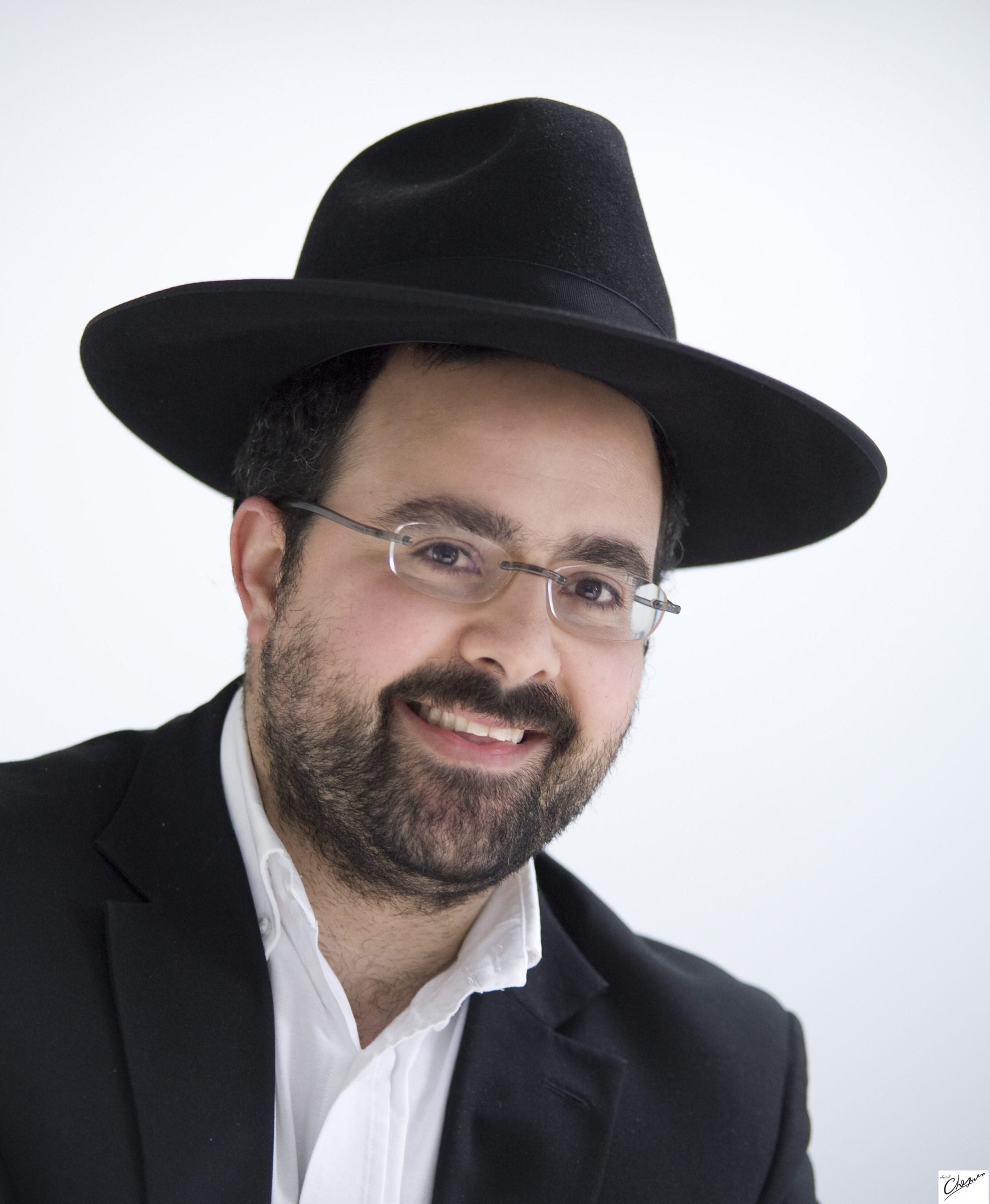
The Parasha begins by instructing us only to count the Jewish people by way of their donations, since direct counting will cause plague to break out amongst Klal Yisrael. Indeed we find, later in history, seventy thousand people struck down by a plague as a punishment for King David’s count.
But why is counting the Jewish people so detestable? It’s hard to understand why counting warrants such a harsh punishment. Hashem detests certain actions and traits, such as promiscuity, idol worship, arrogance and deceit. For such sins we can expect severe consequences but why does counting people invoke such fury?
King David (Shmuel 2 24) decided to count the men eligible for army duty. Until then Jewish leaders had not kept a record of eligible army recruits, relying on the enthusiastic response of the people when called to fight. Now, after various rebellions, King David had lost a degree of confidence in the people and felt the need to keep track of those eligible to be called for army duty. This proved a costly mistake as seventy thousand people were killed in a twenty four hour plague.
By way of introduction to this out of character error by King David, the pasuk begins the episode thus: (Shmuel 2 24:1) “And the fury of Hashem continued to rage in Yisrael, and so Hashem provoked David against them saying ‘Go count Yisrael and Yehudah’” Seemingly Hashem was upset with the people and therefore gave King David the inspiration to count them. The commentaries struggle to understating the reason for the underlying anger Hashem had with the people. Rashi comments that he does not know the cause. The Abrabanel explains that Hashem was upset with the rebellions of the people and so planted a seed of mistrust in King David’s heart provoking him to count the people to avoid deserters.
The Ramban (Vayikra 16:21) amazingly attributes Hashem’s anger to the fact the Jewish people had not demanded the building of the Bet Hamikdash. He was disappointed that the central focus of Avodah had remained in the Mishkan and the people had not come of their own initiative to demand Hashem’s a more permanent dwelling for the Shechina. A bigger, grander, more solid building would intersify the presence of the Shechina and thus the people’s connection to Hashem. Had the people wanted, they could have built the Bet Hamikdash any time in the previous four hundred years. Only with King David as the initiator could the house of Hashem not be built. This underlying anger had caused King David to count the people, with catastrophic consequences.
We can then ask why the punishment for this predated failing played itself out by means of counting the people? What is the connection between apathy towards the intensity of the Shechina in Klal Yisrael and counting people?
There are several reasons proposed for counting people to be forbidden. The Malbim offers the following beautiful explanation. The Jewish people’s very conception defied nature. Their ongoing existence, success and prosperity are only possible through Hashem’s direct intervention. The natural order Hashem has put in place, the mechanism of angels, mazalot and sustaining forces resist everything about the Jewish people. The Avot were barren and their offspring were to live supernaturally. The only way the Jewish people can exist is through Hashem’s direct providence, overriding the structure He has put in place. But, aside from specific occasions, Hashem is only prepared to act with supernatural conduct by hiding it. He has created a natural world and wants it to stay that way, ostensibly at least. Counting the Jewish people, exposing their growth and success, removes them from Hashem’s direct supervision and throws them into Hashem’s natural order. This causes destruction since the Jewish people have no way of existing under those conditions.
The Jewish people didn’t yearn for a closer connection. They didn’t seek a Bet Hamikdash which would intensify the Shechina, Hashem’s direct supervision. Because of this Hashem provoked King David to count the people, removing them from Hashem’s direct providence, bringing terrible destruction.
The Gemarah (Berachot 62b) says in response to the plague King David instituted saying one hundred berachot per day. This is the basis for the obligation to reach a minimum of one hundred berachot daily. The Maharsha explains that this neutralised the plague because one saying berachot realises Hashem’s existence in every aspect of creation and everyday life. King David wanted to reverse the damage and find a way to bring Hashem’s direct providence into everyone’s everyday life. We too have this opportunity by making Berachot with concentration and so filling our lives with the Shechina. We have to realise that our existence doesn’t add up and seek out the unique connection with Hashem our being carries with it.







